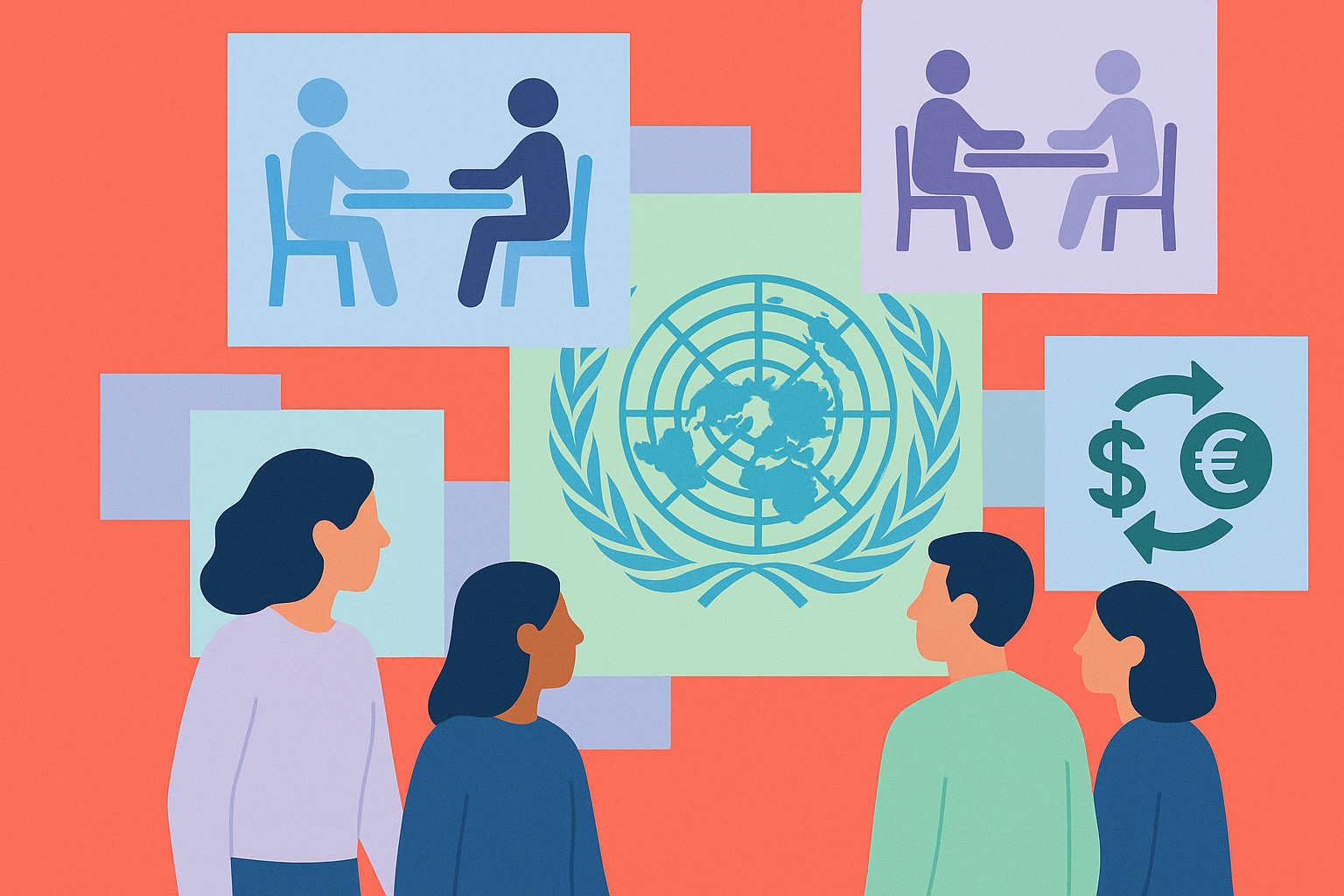Middle East Conflict News
LAST UPDATE: June 27, 2025
White House: Trump ‘Not Afraid’ to Use Force Against Iran Again
Press Secretary Karoline Leavitt stated on June 26 that President Trump remains “not afraid” to use military force against Iran, should it resume its nuclear program. At the same time, diplomacy is emphasized but backed by credible deterrence.
Insight
This statement reveals the administration’s dual-track approach: diplomacy reinforced by a strong military posture. It signals to Iran that nuclear rollback is expected, while keeping open the option of force if negotiations fail.
White House believes no enriched uranium was removed prior to U.S. attacks on Iran
On June 26, Press Secretary Leavitt affirmed that there is no indication any enriched uranium was removed from targeted Iranian sites before U.S. airstrikes.
Insight
This aims to reassure that the strikes successfully hit their intended targets without alerting Iran to move materials. However, satellite imagery and expert claims suggest that some stockpile may have been relocated prior.
Supreme Leader, in first appearance since ceasefire, says Iran would strike back if attacked
On June 26, Ayatollah Khamenei emerged in a televised speech, warning that Iran would retaliate against any future U.S. attacks by targeting American military bases in the region, describing recent strikes as a symbolic victory.
Insight
His remarks reinforce Iran’s deterrent posture and signal that any military aggression will meet with escalation. This strong rhetoric demonstrates Iran’s intent to maintain regional influence despite ceasefire commitments.
Iran panel backs bill to suspend cooperation with UN nuclear watchdog, website says
A parliamentary security committee approved a framework to suspend Iran’s cooperation with the IAEA—halting inspections, camera access, and reporting—pending facility security assurances. Full parliament approval is required.
Insight
This move is a direct response to U.S. and Israeli strikes on Iranian nuclear sites, indicating Tehran’s intent to limit external oversight. It complicates diplomacy and may heighten concerns over Iran’s nuclear transparency.
Israel’s Netanyahu says we will continue working with Trump to defeat common enemies
Prime Minister Netanyahu announced on June 26 that Israel and President Trump will continue collaborating to defeat their “common enemies,” free hostages, and expand peace; he shared a photo of them holding hands.
Insight
This underscores a strategic alignment between Netanyahu and Trump, signaling coordinated political and military cooperation amid the Iran conflict, with implications for regional alliances and U.S.–Middle East policy.
Israel halts food aid deliveries to northern Gaza despite famine threat
Israel suspended aid deliveries to northern Gaza for two days, citing unverified claims that Hamas was hijacking supplies. This occurred amid dire famine warnings. Local clan leaders denied Hamas’s involvement, but violence at aid distribution points continues, with UN-linked groups reporting that most families survive on one poor meal daily.
Insight
The halt intensifies the humanitarian crisis and reflects tension between security concerns and humanitarian imperatives. The breakdown of trust and rising violence around aid access highlight the fragility of current emergency systems.
Spain PM says Gaza in ‘catastrophic situation of genocide’
Spanish PM Pedro Sánchez described Gaza as facing a “catastrophic situation of genocide” and urged the EU to immediately suspend its cooperation deal with Israel, citing an EU diplomatic report on rights breaches.
Insight
Sánchez’s statement marks a significant political escalation within the EU, putting pressure on the bloc to align human rights concerns with diplomatic and trade policies toward Israel. It may trigger broader debate around EU-Israel relations.
State Department approves $30 million for funding of Gaza Humanitarian Foundation
The U.S. State Department authorized $30 million to support the Gaza Humanitarian Foundation, a new aid mechanism aimed at delivering assistance within Gaza amid security complexities and contested UN participation.
Insight
This reflects a strategic shift toward U.S.-led humanitarian interventions in Gaza, sidestepping UN channels. It signals U.S. intent to directly address aid bottlenecks, but also risks politicizing aid delivery.


